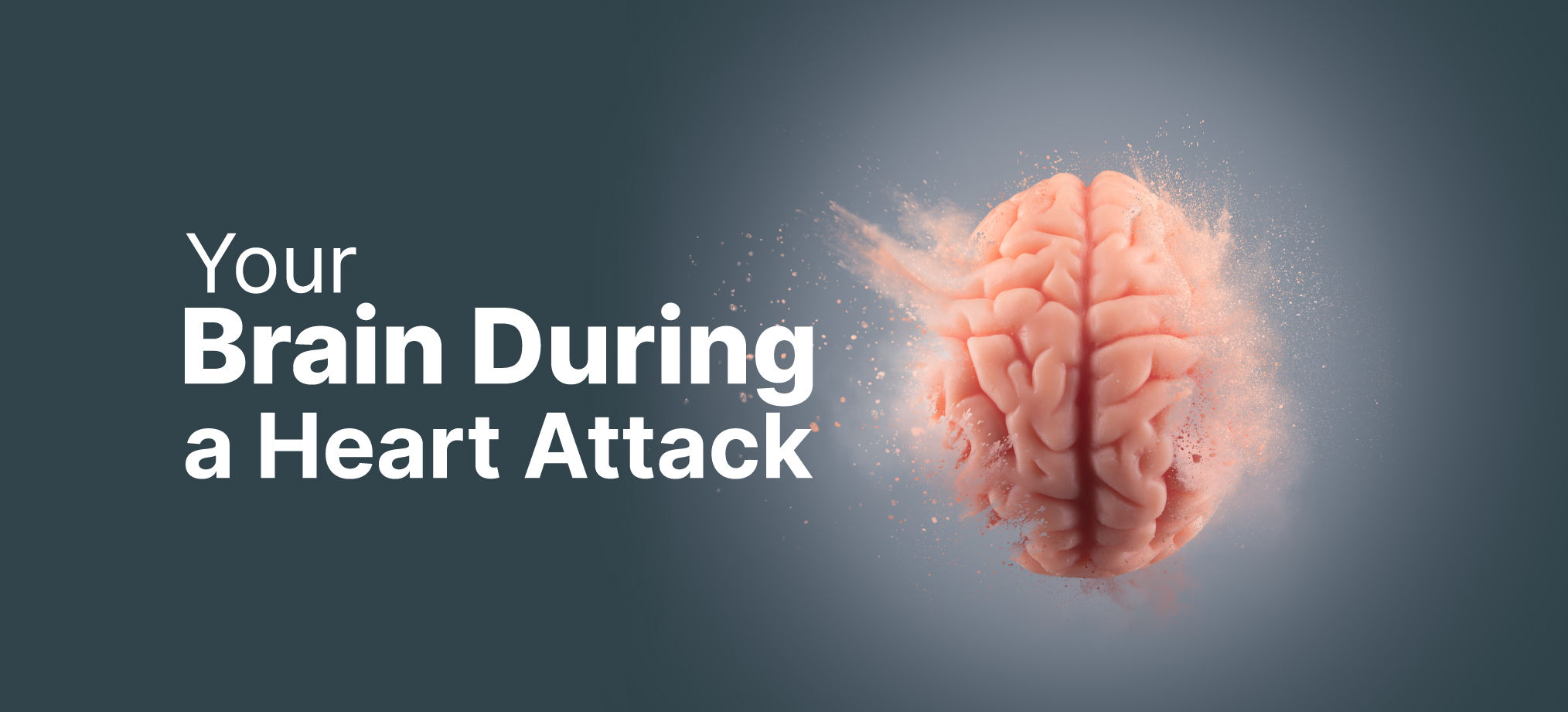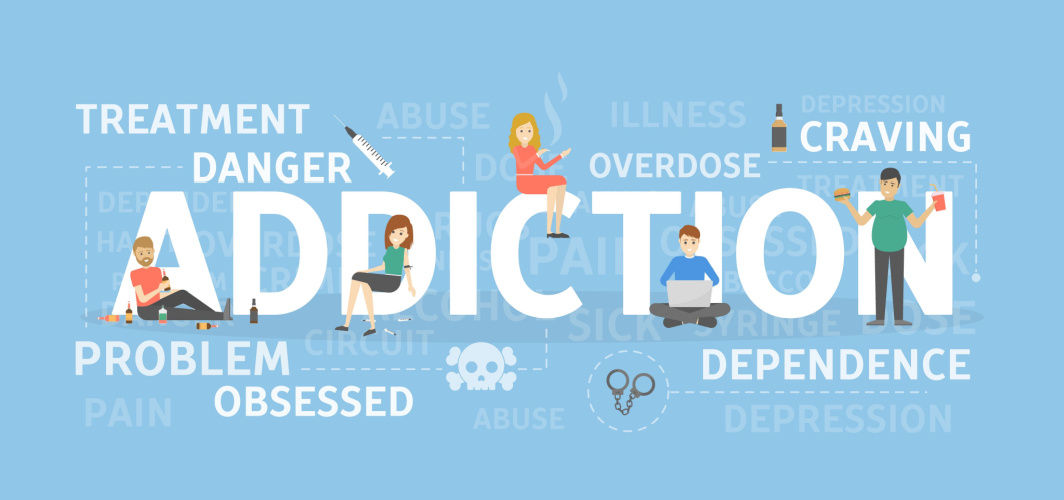Neurology
Relationships, Passion And Exercise! Can These Help Boost Brain Health?
3 min read
By Apollo 24|7, Published on - 31 October 2022, Updated on - 09 February 2024
Share this article
0
28 likes

Everybody worries about growing old. As you grow older, your brain ages too! There are changes in cognitive function, and even the size of the brain shrinks. It has been established that growing age increases the risk of serious conditions like stroke, ischaemia, and white matter lesions. However, the latest study has shown that social interaction, passion, and exercise can protect your brain from these diseases.
What Is Brain Ageing?
First, let’s understand the brain a little bit. The functions of the brain are carried out by white matter and grey matter. Grey matter consists of nerve cells without myelin coating, and white matter consists of myelin-coated cells, which gives it a white colour.
In simpler words, grey matter is the processing unit, and white matter is the communication channel. It has been known through research that nerve cells in the grey matter begin decomposing from the age of ten. Hence, beginning the process of brain ageing.
Scientists suggest that the nerve cells that are activated, survive, while the others ultimately die. Therefore, the brain needs to be regularly engaged in activities to maintain the grey matter.
How To Boost Brain Health?
We will look in detail at activities like motion, passion and interaction and their role in boosting brain health.
1. Relationships
Maintaining and building relationships with your friends and family takes effort and skills. As a result, these social relations help improve cognitive functions by stimulating brain function and increasing nerve growth. This also protects against pathological processes that cause mental health diseases.
Furthermore, grey matter volume has been said to be associated with personality traits. People with socially interactive personalities are believed to have positive brain development. On the other hand, anti-social behaviour is said to be negatively associated with grey matter volume.
Meeting up with friends or new people, joining a book club or going on a ride with people, all these activities add complexity to your life and enhance mental stimulation.
2. Passion
Passion has been defined as a strong feeling towards an important figure that motivates their intentions and behaviours. For instance, if a person is interested in learning something, it keeps them motivated, that in turn keeps their brain active throughout the learning process.
For instance, learning and mastering a new language can strengthen the grey matter, the nerve cells, and their connection. The effort required to learn a new language improves cognitive brain function.
In addition, passion is important in maintaining the brain’s ability to learn and respond to stimuli. This means that increased passion for a skill leads to increased efforts, which ultimately improves relationships. Repetition of this cycle increases overall brain cognitive health.
3. Exercise
Regular physical activities are recommended as therapy for the maintenance of health. Physical activities are hypothesized to benefit the brain too in some ways, which include:
- Increased blood flow to the brain
- Reduced stress hormones
- Lowered inflammation
- Enhanced ability to learn and respond to situations
A regular walk or run around your block, dancing in your room, and walking up and down the stairs, are examples of the things you can include in your everyday lifestyle to keep brain diseases at bay.
People of all ages benefit from exercising daily. It increases the blood flow in the grey matter and promotes the formation of newer tissues in the brain.
In conclusion, the study aimed to highlight the fact that we can do things that impact our brain health. Continually being in motion, learning new things, and having social interactions will train your brain functions, improve cognitive health, and battle brain ageing. However, additional experiments need to be conducted to gather conclusive scientific evidence that will further support this study.
Need expert advice?
Medically reviewed by Dr Sonia Bhatt.
Neurology
Leave Comment
Recommended for you

Neurology
What Happens To The Brain During a Heart Attack?
A heart attack happens when the flow of blood is severely reduced or blocked. Similarly, there is also a deficit of oxygen and blood in the brain during a heart attack.

Neurology
Five Most Bizarre Addictions That May Affect Your Health
Human beings are vulnerable to getting addicted to almost anything. The human brain releases chemicals that often associate bad habits with joy and happiness. This article highlights the top 5 weirdest addictions that can have an impact on your health.

Neurology
7 Health Conditions That May Require A Visit To A Neurologist
Your nervous system is responsible for every movement, sensation, and thought you experience. Often, we experience some health conditions that may cause our nervous system to perform abysmally. In such conditions, an experienced neurologist can determine the cause of your condition and provide appropriate treatment.
Subscribe
Sign up for our free Health Library Daily Newsletter
Get doctor-approved health tips, news, and more.
Recommended for you

Neurology
What Happens To The Brain During a Heart Attack?
A heart attack happens when the flow of blood is severely reduced or blocked. Similarly, there is also a deficit of oxygen and blood in the brain during a heart attack.

Neurology
Five Most Bizarre Addictions That May Affect Your Health
Human beings are vulnerable to getting addicted to almost anything. The human brain releases chemicals that often associate bad habits with joy and happiness. This article highlights the top 5 weirdest addictions that can have an impact on your health.

Neurology
7 Health Conditions That May Require A Visit To A Neurologist
Your nervous system is responsible for every movement, sensation, and thought you experience. Often, we experience some health conditions that may cause our nervous system to perform abysmally. In such conditions, an experienced neurologist can determine the cause of your condition and provide appropriate treatment.